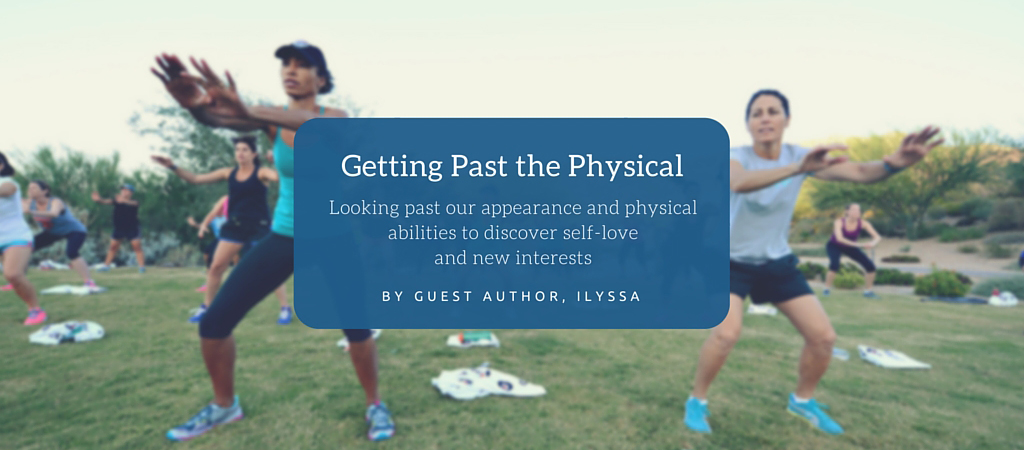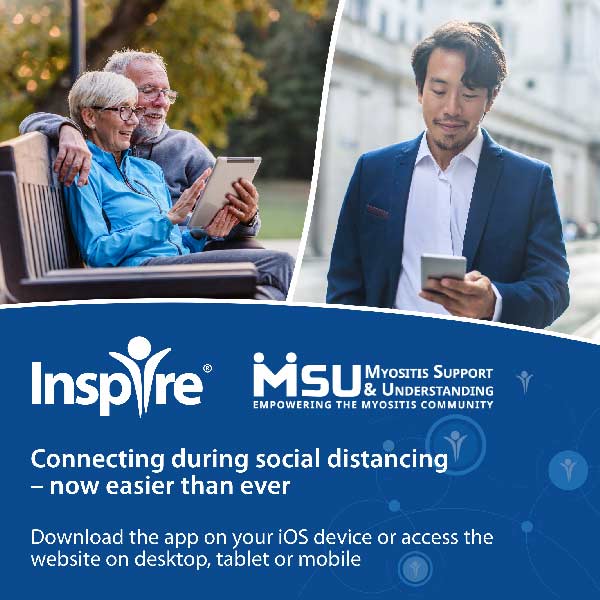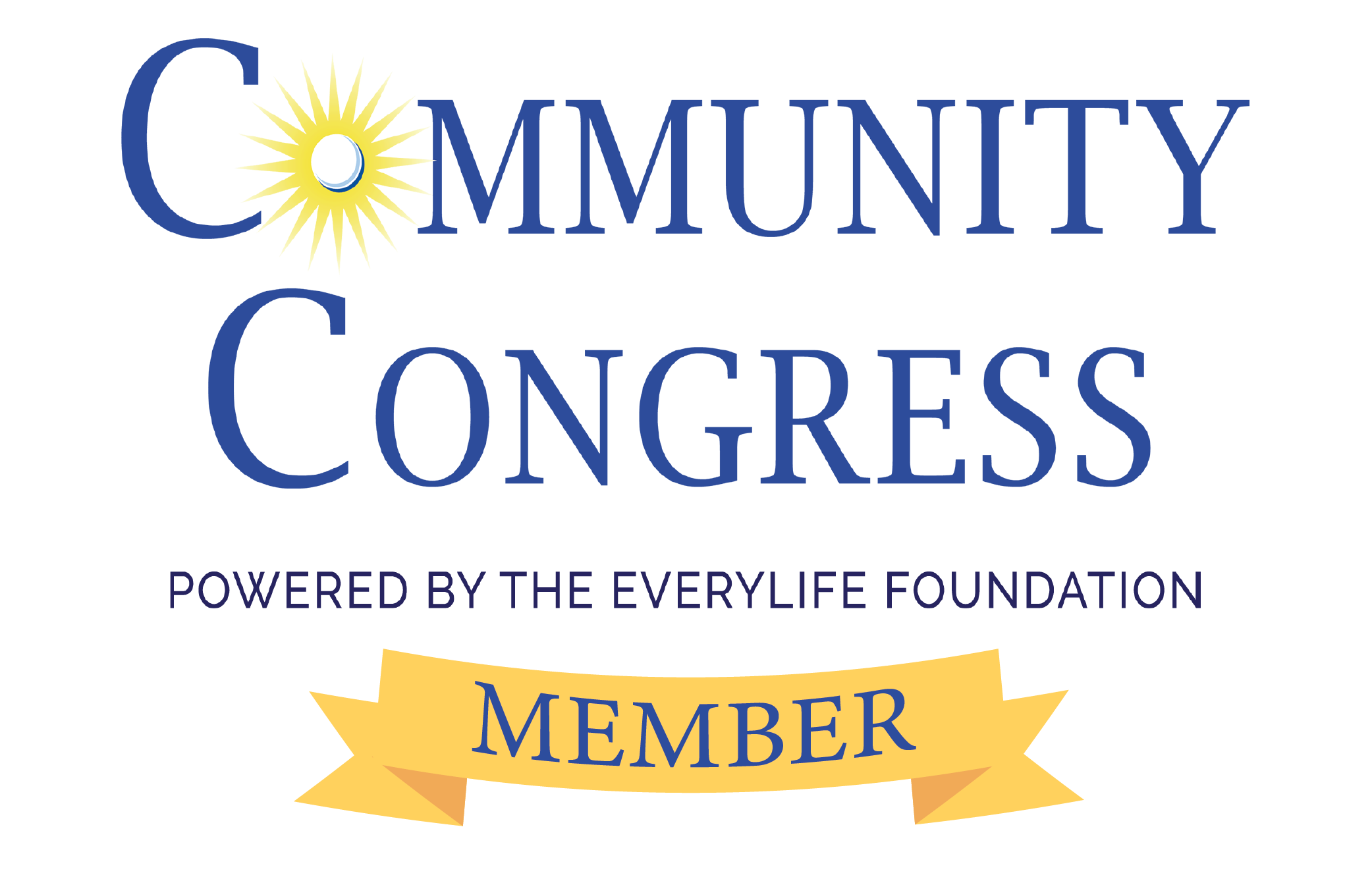Getting Past The Physical
There were several things about myself over the years that by age 39 seemed a given; I was small and I was physically “bad-ass”.
I felt proud of being small. It was part of who I was and I put in a lot of effort to remain fit. There were years in my teens and twenties where I likely went overboard, but by my thirties I was eating and exercising reasonably and maintaining my petite figure.
I was even more proud of my physical toughness. After getting divorced I took on a few home improvement projects, one of which involved heavy landscaping bricks. Every day after work, I would take my two kids to Lowes and we would fill a cart with the bricks, and push the heavy cart to the check-out counter. I would load the bricks in the car and move each one to the back yard, by hand. Also, I was able to hike for hours; I would hike with my six year old on my back for as long as we both could tolerate it. The year before being diagnosed with DM, I achieved three physical challenges I had set for myself: a 100 mile bike tour, a 26 mile hike across the mountains in our city, and summiting Mount Wheeler, a 13,000 foot peak. I was running well and almost as fast as I did in high school. Not bad for 40, I would think.
It is probably due to my physical toughness, and stubborn attitude, that I did not realize right away that something was wrong. I kept going to work, despite feeling worse and worse. I even went skiing (or tried) with my family. I will save the story of my diagnosis for another day, however I will say I was fortunate to have gotten all of this figured out pretty quickly.
My doctor gave me three pamphlets (one on Myositis, one on Prednisone, and one on Methotrexate) and sent me on my way, with a warning to avoid Internet research, which of course I did not heed. It is sort of like when you are a kid and if your parents tell you not to do something, that is the first thing you want to do…well the first thing I did was go to a coffee shop and search for information on Dermatomyositis, something I had never heard of and in all of my research over the last few months, when trying to understand what was wrong with me, came across all of one time.
Reading about DM, I was pretty confident the diagnosis was correct. Which was upsetting because what I was reading was very scary to me. There were a variety of fears. Am I going to die within five years? Do I have cancer somewhere? Lung involvement? And there were fears that sort of felt silly comparatively; was prednisone going to make me fat? Would I still be my physically bad-ass self? Could I still climb mountains? Carry heavy items? Run? Intellectually, I understood life was about much more than a number on a scale or being able to lift as much as the guys in your life. But so much of who I was, how I saw myself, was based on my physical size and toughness.
It was not much help that my husband left me while I was at my physical peak. I was a year into a new relationship and it was easy to think “if I was left when I was at my best, why would someone want me at my physical worst?” My sweet partner assured me that it was ME he wanted. Strong or weak, fat or thin, I was still the person he loved.
I did not really believe him, of course. Perhaps the issue was that I had developed, maintained, and presented an image of “toughness” and physical ability” while losing focus on other areas of my life. I love to write. I want to learn to speak Spanish. I have kids that I love and want to spend time with. All of which I could do without physical strength. I could be there to listen to my kids and my partner and guide them, even if it wasn’t up a mountain.
Still, this was a struggle. The emotional challenges may have exceeded the physical ones as I worked my way through this diagnosis. Like most of us, the chipmunk cheeks arrived. I was bloated and am not sure my stomach has ever been so large. I would look in the mirror, something I rarely did before being diagnosed, and cry, thinking of how I had been beautiful before and never appreciated it and now I did not look like me. My clothes did not fit. Without my crazy runs I could not burn much in the way of calories and of course prednisone made me desperate to eat. I cut out gluten, dairy, soy and corn, which allowed me to minimize weight gain. Even with a 10-15 pound weight gain, my body had shifted. And at 5 feet tall, that is a good amount of weight. I was uncomfortable in my body. Prednisone made me shaky and even more anxious. And emotional. I would cry and cry. At the heart of it, I missed my physical self…less about my appearance and more about my physical abilities. Being able to run seven miles on my lunch break or shovel a pickup truck’s worth of compost on my own. Who was I if I could not do those things? What good was I if I could not power through everything? Being expected to rest went against everything I knew and all I felt I had been.
I was responding well to medication, yet I struggled to see the things I COULD do and was hung up on what I could not, or should not do. And then I would feel guilty for being upset. I knew I should be happy. As my partner so eloquently put it at the time “you are not dead!” My friends, none of whom were anywhere near as physically active, really did not get it. I would talk things through with the therapist, who fortunately is similar in his love of outdoor activities and could genuinely appreciate the feeling of possibly not being able to do what one loved. I was able to separate out that there were two issues at hand…one was simple; missing out on the things I loved. The second was more complicated; understanding and loving myself for who I am, not for what I physically do.
Finding other outlets was a struggle at first. I was able to get back into some of the physical activity I had previously enjoyed and was feeling better about things, when a needed hysterectomy sidetracked me. And then I was happy to just walk around the block for five minutes, which perhaps was some sort of necessary reality check. More body changes and more emotional chaos ensued. But during that downtime I was able to discover a new interest of website design that combined my love of writing with my desire to be creative. It is now something that I look forward to working on and in fact, when I don’t have the time to do it I get as frustrated as when I can’t go on a long hike. Having this alternative in my life has done much for my emotional well-being. I can now think “If I am physically struggling that will open up more time for my site!”
The new interest helped with the feeling of missing out on what I loved. And it did positively impact my sense of self. I could start to believe I was more than my physical abilities. My partner continued to reassure me, which I hate admit, I needed. We all can benefit from hearing we are attractive once in a while, as well as what makes us special outside of our physical appearance or all we can physically do. DM has sort of forced me to redefine who I am, and how I see myself. I remember, as a kid, my parents would tell me that my greatest strength was my resiliency. I would get knocked down, but then jump right back up. “What a lame talent”, I would think. I wanted to be a famous gymnast. Or a top swimmer. What good was being resilient? Something I did not understand then is that the physical talents fade, whether it is from DM, another disease, or age in general. The ability to overcome challenges gets stronger with experience and age.
When I think about who I am and who I want to be, I remember this. When I wonder why my partner wants to be with me when I feel I can’t do for him as much as I would like, I remember that who I am is someone who meets a challenge head on and does not buckle under. Someone who is emotionally strong enough to admit to feeling weak sometimes. I am able to admit I am afraid and I am willing to work hard to overcome the fear I feel. I am the person who will do anything I can for people in my life, even if what I can do is not as much as I would like for it to be.
I am much more than lifting bricks and running crazy distances. My strength is manifesting itself in other ways and I am developing in areas I might not have if I was still spending all of my time running or climbing mountains. As I write this, I realize that a year into this diagnosis, I am finally starting to believe that I have not lost myself. In fact, I am having the opportunity to find other parts of myself I would have otherwise missed out on.
And you know what? I like the current version of me. And I am looking forward to more growth and development of the person that I am.
Tags: myositis story physical abilities









